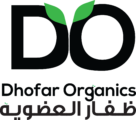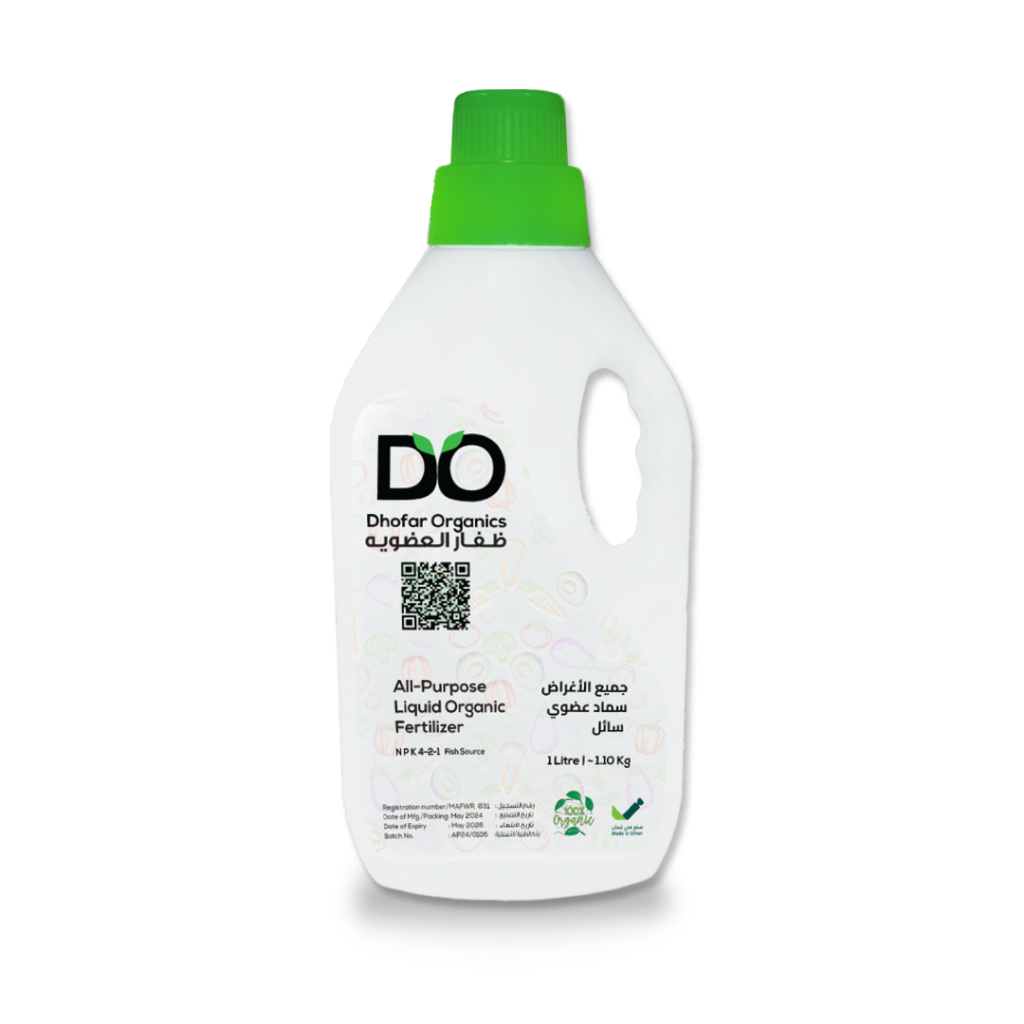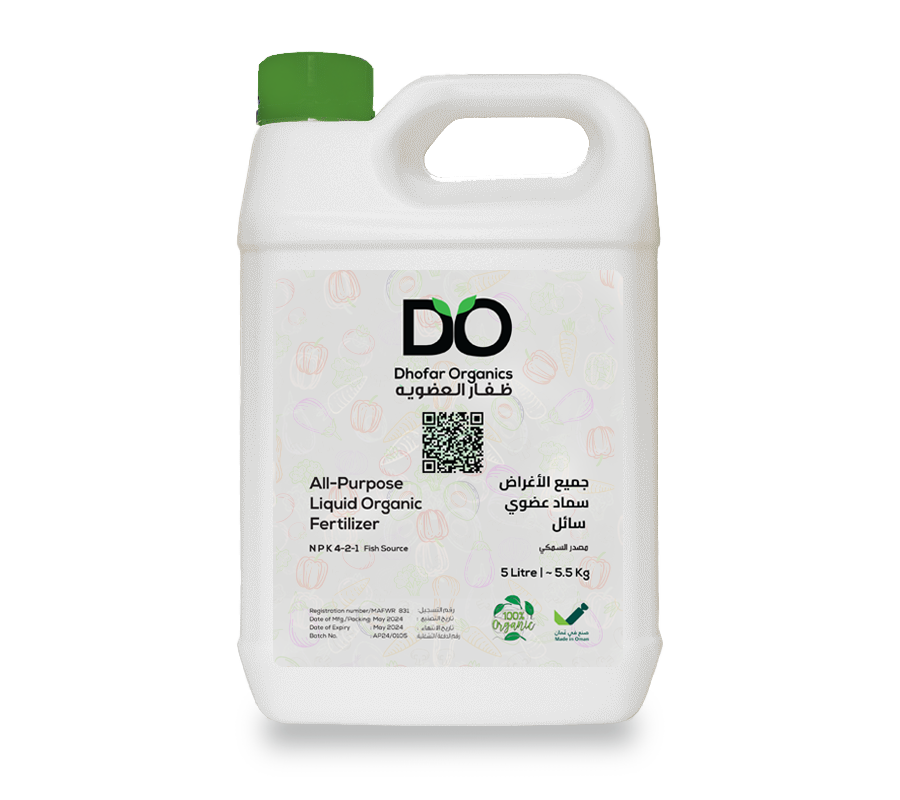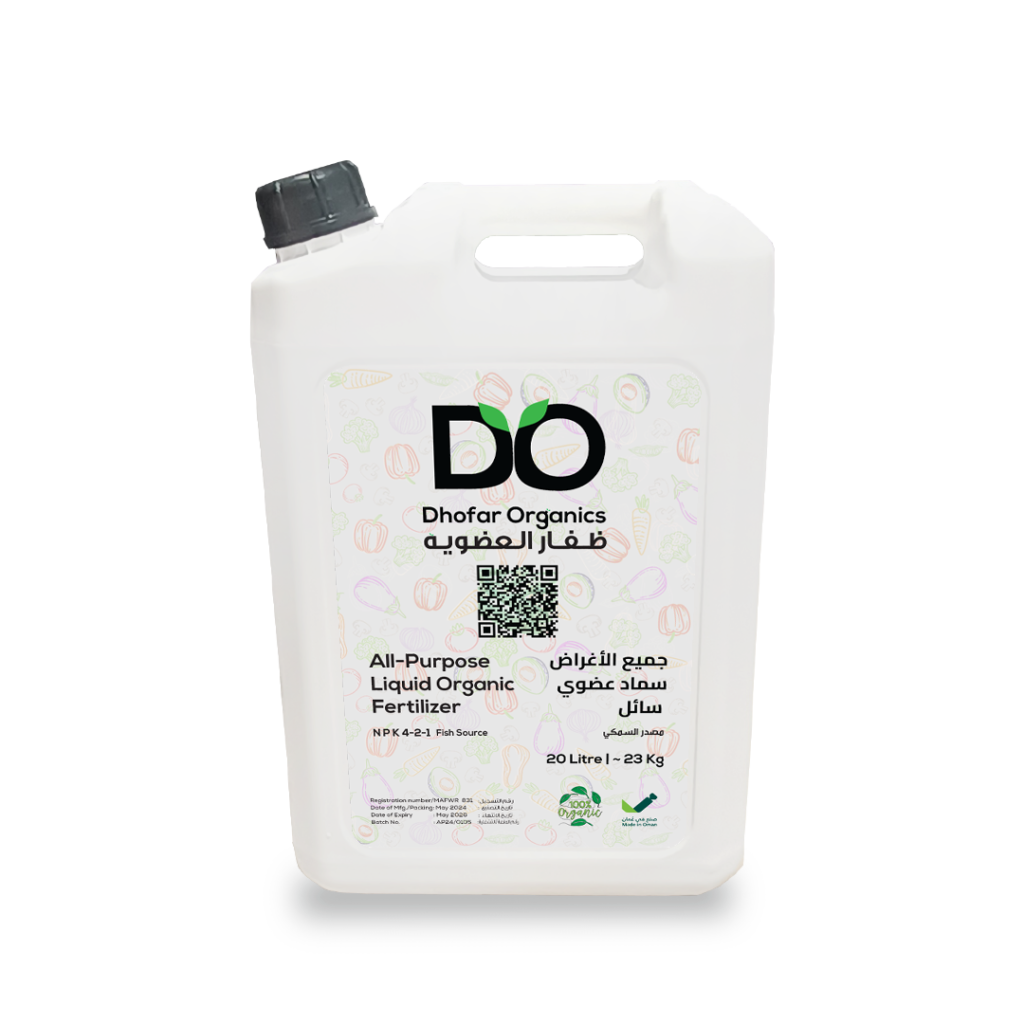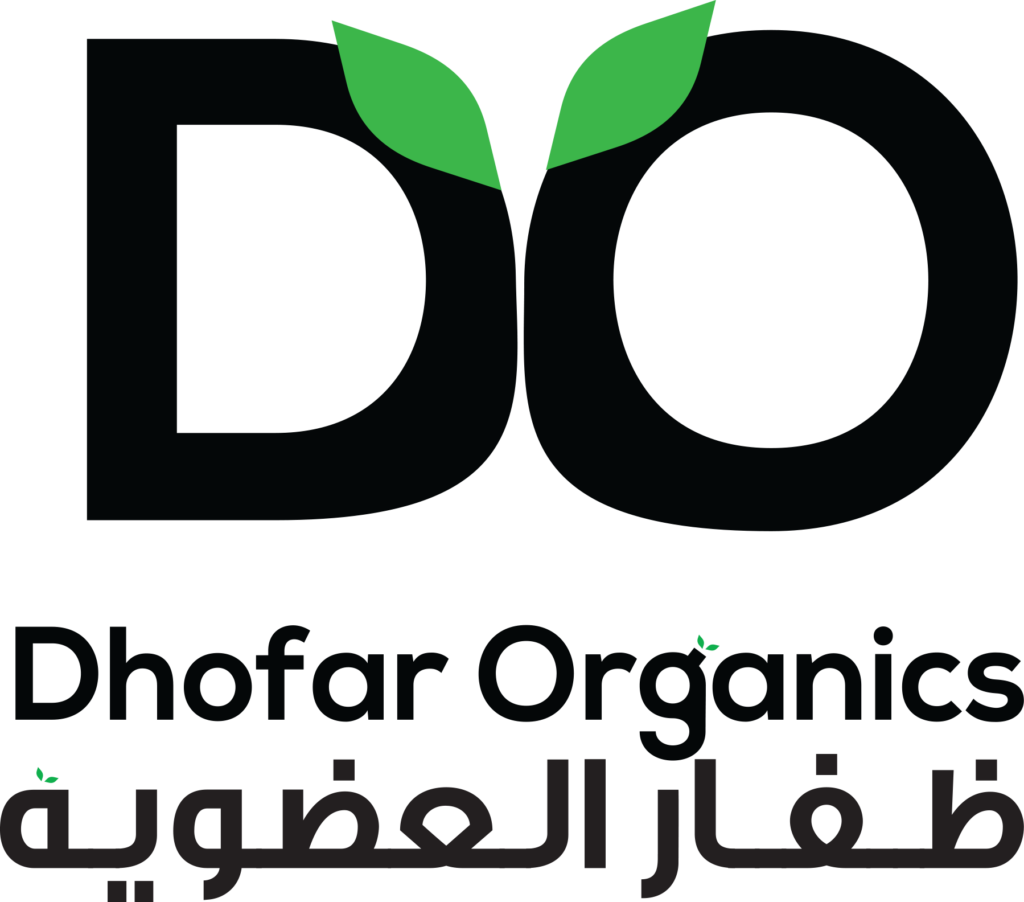Dhofar Organics Blog
Organic NPK 4-2-1
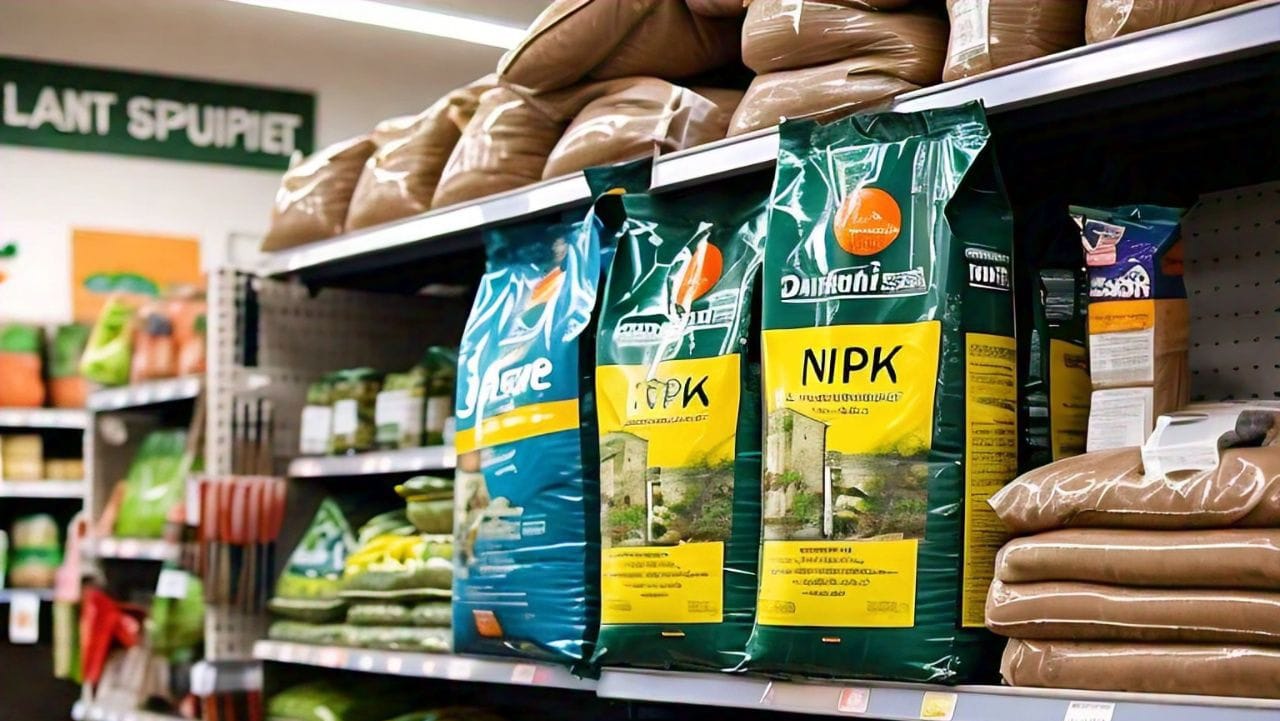
NPK represents the Macronutrients Nitrogen. Phosphorus & Potassium. A balanced blend of Nitrogen (N), Phosphorus (P), and Potassium (K)
- Promotes healthy leaf development.
- Important for plant growth (structure), plant food processing (metabolism), and chlorophyll formation.
- Without enough nitrogen in the plant, the plant cannot grow taller, or produce enough food (usually yellow). Phosphorus (P)
- Supports strong root systems.
- Involved in energy transfer, photosynthesis, transformation of sugars and starches & nutrient movement.
- Transfer of genetic characteristics from one generation to the next. Potassium (K).
- Regulates water balance, stress tolerance in plants, movement of nutrients in plant tissue
- Enzyme activation that controls protein, starch and adenosine triphosphate (ATP) production.
- Regulates the rate of photosynthesis.
Amino Acids

Amino acids act as natural stimulants, accelerating growth, precursors for protein synthesis, leading to FAST plant growth
- Amino acids act as natural stimulants, accelerating growth, precursors for protein synthesis, leading to FAST plant growth.
- Dhofar Organics’ All-Purpose Fertilizer is packed with all the following amino acids Alanine, Arginine, Asparagine, Aspartic acid, Cysteine, Glutamic acid, Glutamine, Glycine, Histidine, Isoleucine, Leucine, Lysine, Methionine, Phenylalanine, Proline, Serine, Threonine, Tryptophan, Tyrosine & Valine in balanced form.
- Alanine, lysine, and serine are involved in chlorophyll synthesis.
- Hydroxyproline, proline, and serine regulate the water balance within the plant.
- Hydroxyproline and proline act as anti-stress agents, which help in the improvement of plant pollen fertility and development of the plant.
- Serine, tryptophan, and valine are associated with the synthesis of auxins in plants.
- Alanine and arginine work as cold-weather resistance compounds.
- Glutamic acid, known as a growth stimulator and reservoir of organic nitrogen, helps in the synthesis of proteins and other amino acids.
- Glycine is a polyamine precursor involved in cell division.
- Alanine is linked with hormone metabolism and virus resistance.
Micro Nutrients & Trace Elements
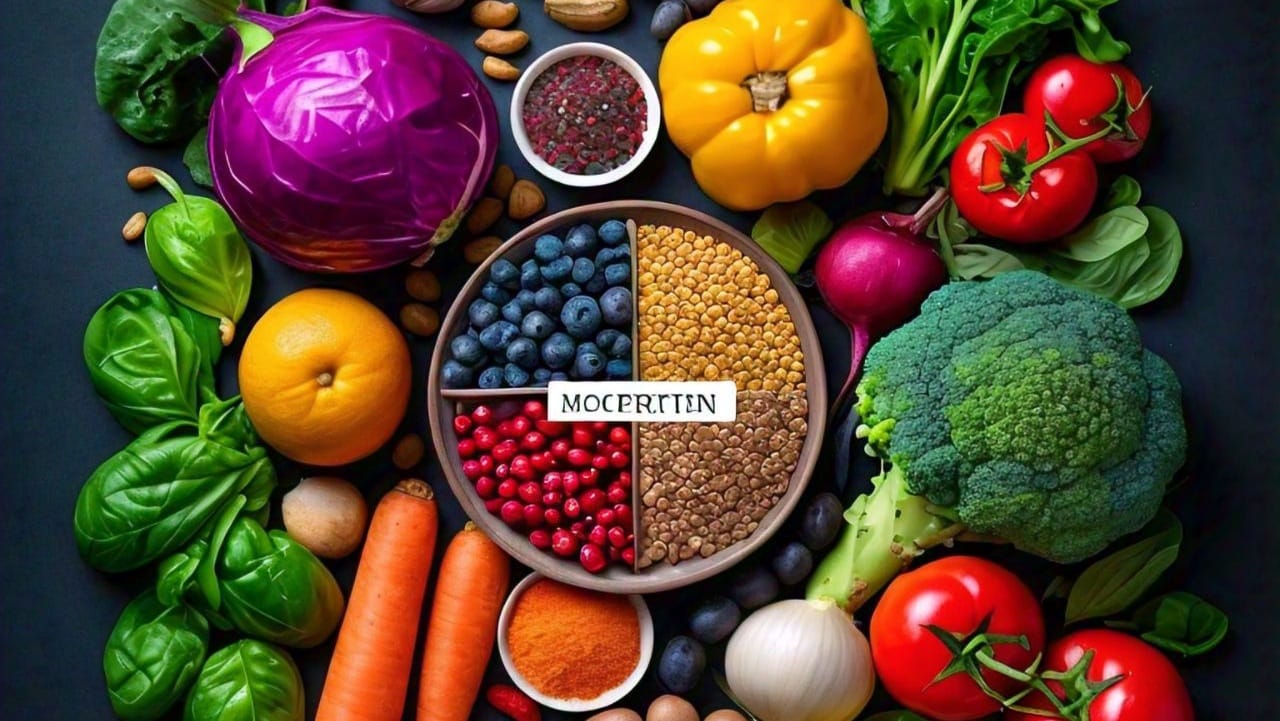
Micronutrients are required by plants in small amounts and act as natural stimulants and boosts plant resilience. Micronutrients like zinc and nickel..
- Required for a wide range of biological functions.
- Iron is involved in the synthesis of chlorophyll.
- Important roles in the electron-transport chains of photosynthesis and respiration.
- Essential for the maintenance of chloroplast structure and function.
- Serves as a component of many vital enzymes such as cytochromes of the electron transport chain. Copper (Cu):
- Cu is a cofactor for a variety of enzymes
- Plays an important role in photosynthesis, respiration, the antioxidant system, and signal transduction. Zinc (Zn):
- Required for the metabolism of plants.
- Enzyme functions
- Ion-Transport. Carbohydrate, protein, and chlorophyll formation is significantly reduced in zinc-deficient plants. Boron (B):
- Plays an important role in regulating plants' hormone levels
- Promotes proper growth.
- Increases flower production and retention, pollen tube elongation, seed and fruit development.
- Helps in seed germination.
Omega-3 Fatty Acids
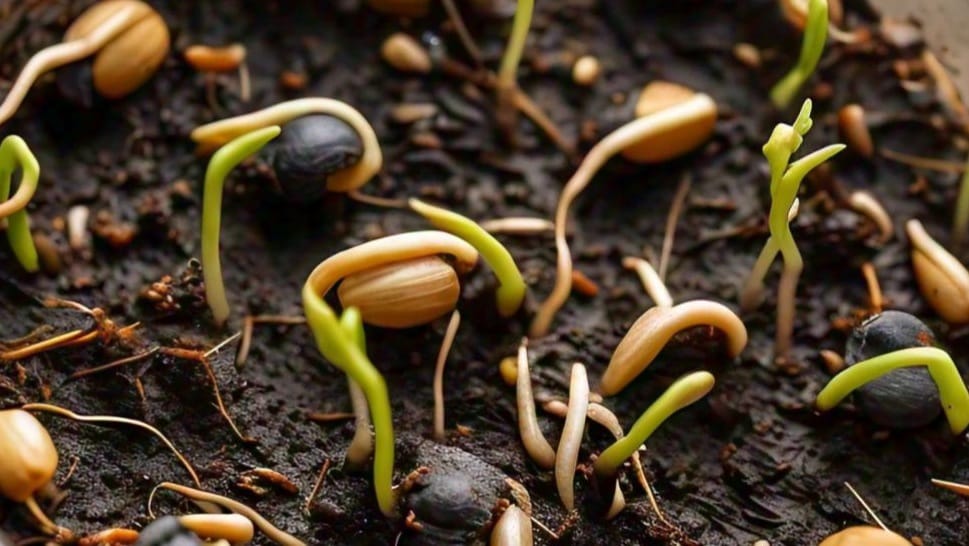
- Helps in developing improved soil structure and favorable micro-environment for the beneficial microorganisms.
- Helps to maintain the natural balance of the soil.
- Provides Supportive and compatible soil environment for the uptake of nutrients of any applied fertilizer.
- Improves plant stress tolerance.
Organic Matters
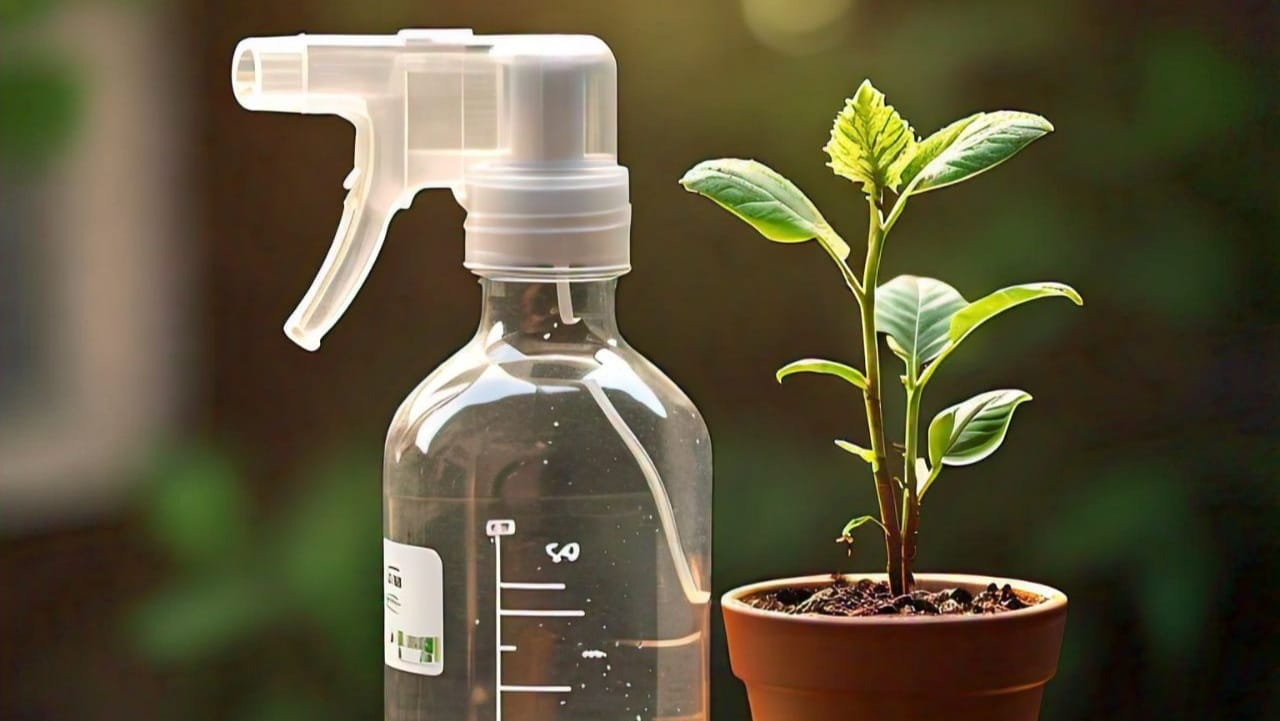
- Acts like a natural sponge retaining the moisture bounded to the soil in root area.
- Enhance water retention in dry climates.
- Improves soil structure and water holding capacity, which is crucial in arid regions of GCC
Bio-Stimulant/Plant Hormone Molecules

- Promote healthy plant development and protect against environmental stress.
- Plant hormones like auxins can stimulate root development and overall plant growth.
